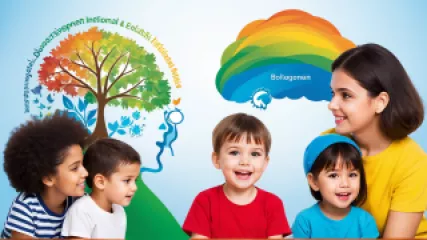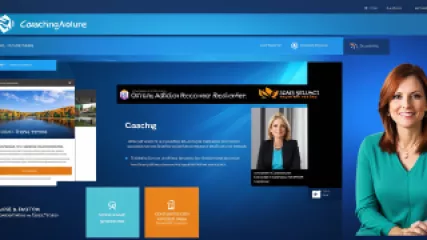Unmasking Self-Deception: A Guide to Understanding Your Mind
1 year ago
Understanding Self Deception
Latest Research on Anxiety Coaching Online
1 year ago
Anxiety
Top 7 Surprising Benefits of Life Coaching
1 year ago
Life Coaching Advantages
Raising Resilient Kids: A Parent's Journey to Supporting Children's Mental Health
1 year ago
Child Resilience Building
Understanding Cognitive Development in Children
1 year ago
Cognitive Development
Top 10 Reasons Why Mental Health Breaks are Essential
1 year ago
Mental Health Break Importance
Learning Mental Health Lessons from the Power of Physical Touch in Books and Movies
1 year ago
Benefits of Physical Touch
Exploring Mental Health Benefits Through a Social Media Detox Story
1 year ago
Social Media Detox Benefits
Unraveling the Intricacies of Gambling Behavior: My Personal Journey
1 year ago
Psychology of Gambling
My Journey with Cognitive Restructuring Techniques for Mindfulness Practices
1 year ago
Cognitive Restructuring Techniques
Insights from a Substance Abuse Coach: A Deep Dive into Online Coaching
1 year ago
Substance Abuse
Mastering Cognitive Biases: An Ultimate Guide to Enhancing Mindfulness
1 year ago
Cognitive Biases
Understanding the Impact of Childhood Trauma: A Research Summary
1 year ago
Childhood Trauma
Key Resources for Mental Health Policy
1 year ago
Policy and Mental Health
The Ultimate Guide to Online Cultural Identity Support
1 year ago
Cultural Identity














